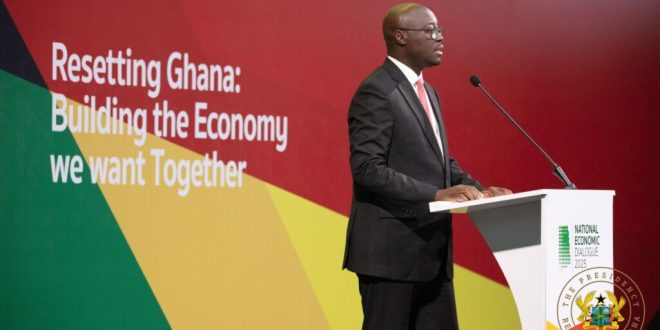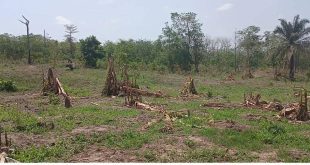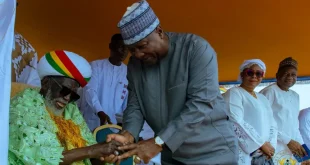The country’s economic situation has been soberingly assessed by Finance Minister Dr. Cassiel Ato Forson, who has emphasized the urgent need for structural reforms to remove budgetary inefficiencies and foster sustainable growth.
While Ghana’s economy has expanded by an average of 4.4% in recent years, Ato Forson disclosed during his speech at the National Economic Dialogue on March 3, 2025, that this expansion has been mostly driven by the mining and oil industries, with little progress made in structural change. “Making productivity is still low, and agriculture still makes up one-third of GDP.”
He emphasized the economy’s excessive reliance on resource extraction by pointing out that primary commodities accounted for more than 85% of exports in 2024.
The growing debt levels in Ghana, which increased from 20% of GDP in 2016 to 93% by 2022, were another issue the minister brought out.
“Persistent fiscal deficits exceeding 4% of GDP between 2008 and 2019 have further strained public finances. Non-mandatory expenditures such as public sector wages and interest payments consume about 70% of government spending, crowding out investment in infrastructure and social programs” he said.
Inefficiencies in public spending, especially in the areas of health and education, were criticized by Ato Forson. Due to resource mismanagement, he pointed out that less than 60% of the National Health Insurance budget is utilized for claim payments, and just 25% of education funding are allocated to pre-primary and primary education.
Ato Forson urged swift action and emphasized the significance of increasing expenditure efficiency and diversifying the economy beyond commodities.
“We must reset our economy by addressing these systemic challenges to achieve long-term resilience and inclusive growth,” he declared.
Stakeholders are expected to offer practical suggestions to promote fiscal restraint and economic change as the discussion continues today.
Source: Ghanatodayonline.com
 Ghanatodayonline.com News, Politics, Health, Education & More
Ghanatodayonline.com News, Politics, Health, Education & More




